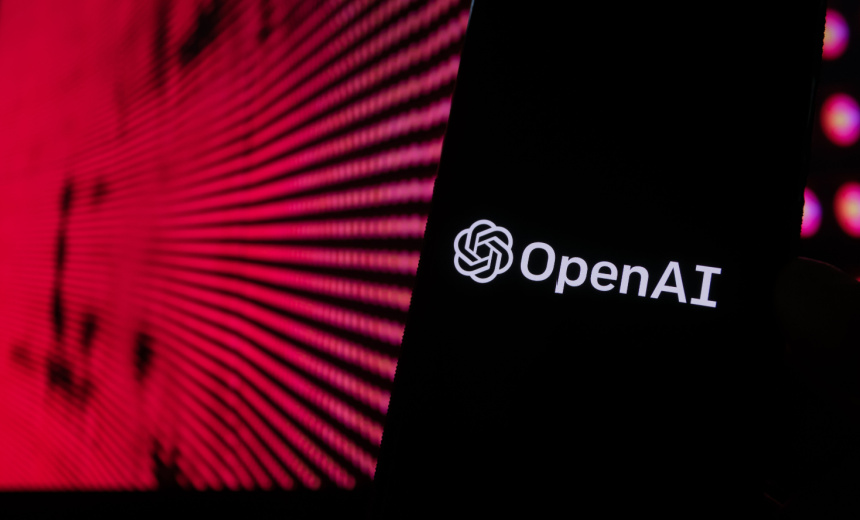Artificial Intelligence & Machine Learning
,
Next-Generation Technologies & Secure Development
Hacker had Unauthorized Access to Data on Designs for New AI Use Cases

A hacker reportedly stole information on OpenAI’s new technologies last year by breaking into the company’s internal messaging systems.
See Also: Close the Gapz in Your Security Strategy
The messages from a company-wide meeting in April last year had employees discussing details of new artificial intelligence technologies, the New York Times reported, citing unnamed sources. The hacker did not access systems housing or building its applications, it said.
OpenAI did not respond to a request for comment.
The company did not report the breach to federal law enforcement or make the news public, as it believed no customer information had been stolen. It did not consider the event a national security threat, pegging the hacker to be a private individual with no links to nation-state attackers.
Not all employees were reportedly content with the explanation. The incident raised concerns about OpenAI’s seriousness about cybersecurity and the lack of it leading to adversary nations such as China to potentially steal AI information.
OpenAI in May said it disrupted five covert influence operations, including some from China and Russia, that attempted to use its artificial intelligence services for “deceptive activity” (see: OpenAI Disrupts AI-Deployed Influence Operations.)
Leopold Aschenbrenner, an OpenAI technical program manager whose role involves ensuring that future AI technology causes no serious harm, reportedly sent a memo to the company’s board of directors after the breach, arguing that the company was not doing enough to secure its data from adversaries like the Chinese government. He added that if a threat actor were to breach the company’s systems, OpenAI’s security was not strong enough to protect against theft.
OpenAI allegedly dismissed Aschenbrenner for leaking information, with the former employee arguing that his firing was politically motivated. The company denied the allegations, with an OpenAI spokesperson telling the newspaper that it “share(s) his commitment to building safe AGI,” but disagreed with claims about the “characterizations of our security, notably this incident, which we addressed and shared with our board before he joined the company.”
